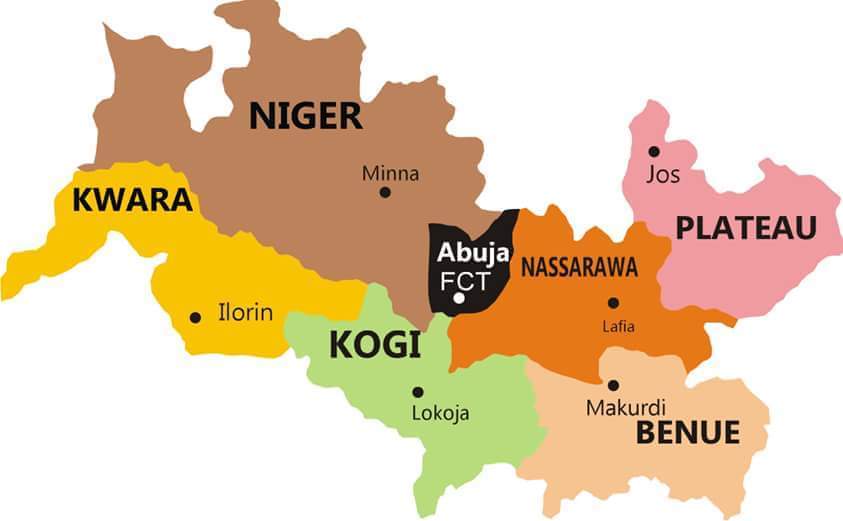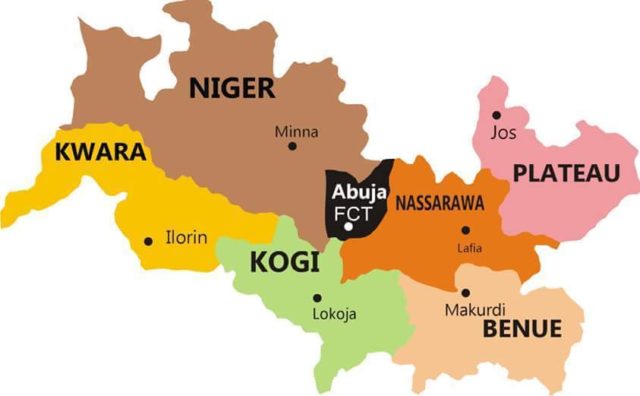National Issues
The Middle-Belt “Jihadi” Conspiracy Theory -By Labaran Yusuf

As the terrible age-old clashes, killings, and rustling between nomadic herding and sedentary farming communities continues unabated in the middle parts of Nigeria – especially in Benue, Taraba and Plateau states – there has been an increase in the volume of already debunked conspiracy theories being spewed again and again to give the ongoing problem a religious dimension.
From baseless accusations attributed to some so-called experts and statesmen; to the stalking in Facebook and Twitter pages of specific figures in the media, politics and religious arena; down to the muddying of the waters in chat forums and commentary section of online publications; these cranks, conspiracy theorists, and loons have converged since the beginning of this administration to disseminate crude, hate speech-filled propaganda that serves only to conceal the true nature of happenings in the country.

No doubt you’ve heard each one of these entirely and widely debunked “Jihadi” conspiracy theories by now: that the mostly-Muslim nomadic Fulani herders are on an “invasion” campaign of the middle-belt region with tacit support of one of their kinsman – in the person holding the highest office in the land; that the country’s security establishment and the herders are conniving in perpetrating a “well-planned pogrom” (or “genocide” as some disgruntled individuals would like to call it); that the current ruling administration is on a secret mission of “Islamizing and Shariah-(lizing)” a once “secular” Nigeria; that the recent JAMB-organized police recruitment examination was full of Islamic/Arabic questions (complete and utter nonsense!) as advantage for Northern candidates in order to complete the process of turning Nigeria into an “Islamic State”; and so on and so forth.
Meanwhile, the familiar triggers of the herder-farmers’ disputes attributed to climate change –bringing extreme weather, droughts, and desertification to the Sahel – have successful been removed out of the disputes equation by the Nigerian media.
Nevertheless, the new baseless ethnoreligious portrayal of the conflict that has ravaged not only Nigeria, but also parts of Central and Eastern Africa and some semi-arid Sahelian nations like Mali and Niger have instead been propagated and promoted by the media.
According to a 2017 report by the International Crisis Group (ICG), an independent and non-profit organization that carries out researches on violent conflicts around the world, “Familiar problems – relating to land and water use, obstruction of traditional migration routes, livestock theft and crop damage – tend to trigger [the herder-farmers’] dispute.”
Also the ICG identified “insecurity in many northern states (due to the Boko Haram insurgency, rural banditry and cattle rustling)”, that have pushed herders southward; coupled with “the growth of human settlements, expansion of infrastructure and acquisition of land by large-scale farmers and other private commercial interests, [which] have deprived the herders grazing reserves” – all combine in the absence of mutually accepted mediation mechanisms make little disagreements turn violent.
Unfortunately, these same media outlets have resorted to the 1890s “yellow journalism” of New York publisher William Randolph Hearst (dubbed as the pioneer of fake news). Hearst uses sensationalized headlines, and fraudulent stories to increase his paper’s circulation profits. It’s no different in some of the Nigerian media today; in which adding the ubiquitous scaremongering “killer-herdsmen” headline increases a paper’s circulation profits also.
The digital age of the social media has also aided the resurgence of fake news and the new “click-bait” phenomenon in which online platforms are now competing who can throw the first grenade in its competitors’ newsroom.
As the waters have been muddied for the masses by the ‘few’ vying for political offices or those a concerned Nigerian termed as “political desperadoes” – whose self-interest that knows no ethnic or religious barrier has always, been ahead of that of the citizens. The best thing the masses could do at this crucial moment in Nigeria’s history is to scrutinize each and every: fake, libelous, and incendiary information that comes their way.
The unhelpful “shared as received” doctrine of suspicious messages and rumors is discouraged; while the separation of facts from fiction, truths from untruth and rice from the chaff is encouraged.
The Nigerian media should shun sensational, unprofessional and prejudiced reporting also. And instead focus on informed, objective and investigative reporting that will foster national unity in such troubling times.
Labaran Yusuf is a Freelance writer and researcher based in Jos, Plateau State.
Could be reached via: chatwithlabaran@gmail.com


















